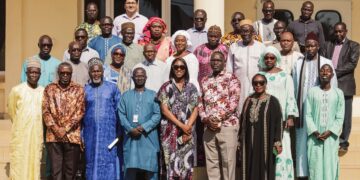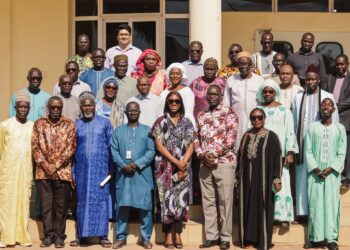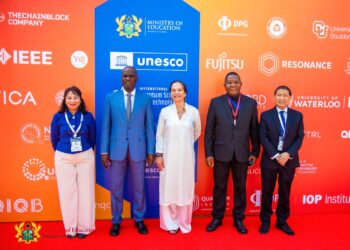President Bola Ahmed Tinubu has unveiled two new welfare initiatives aimed at improving the financial stability of education sector workers and enhancing healthcare access for retirees.
The first programme, the Tertiary Institution Staff Support Fund (TISSF), was announced in July 2025. It is designed to provide affordable loans to lecturers and non-academic staff across Nigeria’s universities, polytechnics, and colleges of education. According to the Presidency, the loans will cater for personal, housing, and family needs, offering interest rates significantly lower than those charged by commercial banks.
The second initiative, introduced in August 2025, will provide free healthcare to low-income retirees enrolled under the Contributory Pension Scheme. The government stated that the scheme will remove the burden of out-of-pocket medical expenses, enabling eligible pensioners to access treatment at designated healthcare facilities without direct payment.
A statement from the Presidency confirmed that both programmes would be funded through a combination of budgetary allocations and targeted programme funds. Relevant ministries will oversee their implementation to ensure transparency and accountability.
Independent policy analyst Nurudeen Adeyemi described the initiatives as measures that could “strengthen the financial and health security of tertiary institution staff and retirees.”
The Federal Government also disclosed plans to address pension-related issues within the Nigeria Police Force as part of a broader review of public sector welfare.
However, experts have cautioned that the success of the schemes will depend on the establishment of clear eligibility guidelines, efficient disbursement processes, and strict monitoring to prevent mismanagement—particularly in light of Nigeria’s current inflation rate, which stands at about 33 per cent.



















































































 EduTimes Africa, a product of Education Times Africa, is a magazine publication that aims to lend its support to close the yawning gap in Africa's educational development.
EduTimes Africa, a product of Education Times Africa, is a magazine publication that aims to lend its support to close the yawning gap in Africa's educational development.